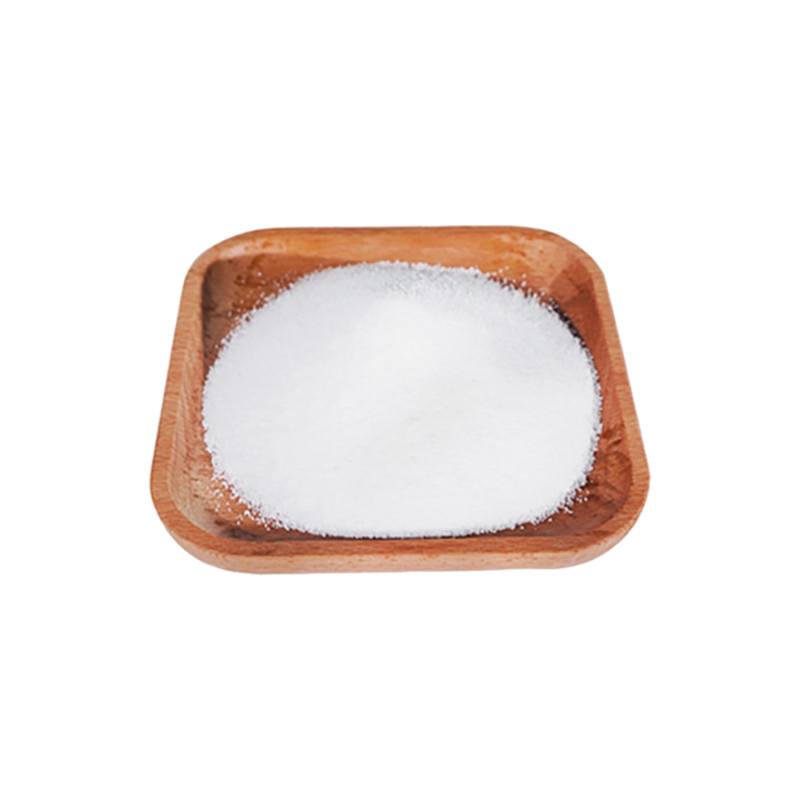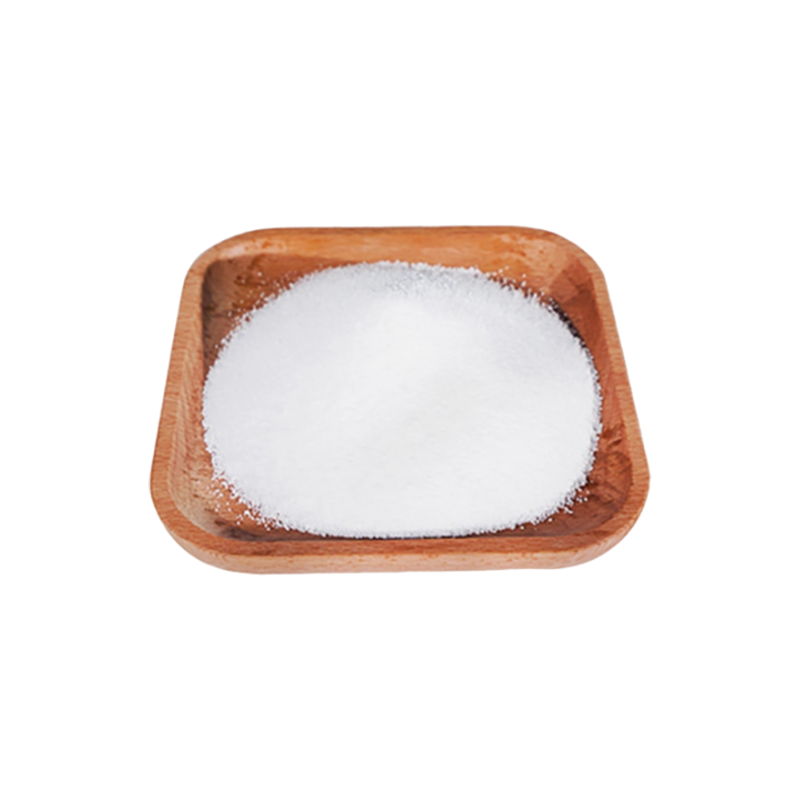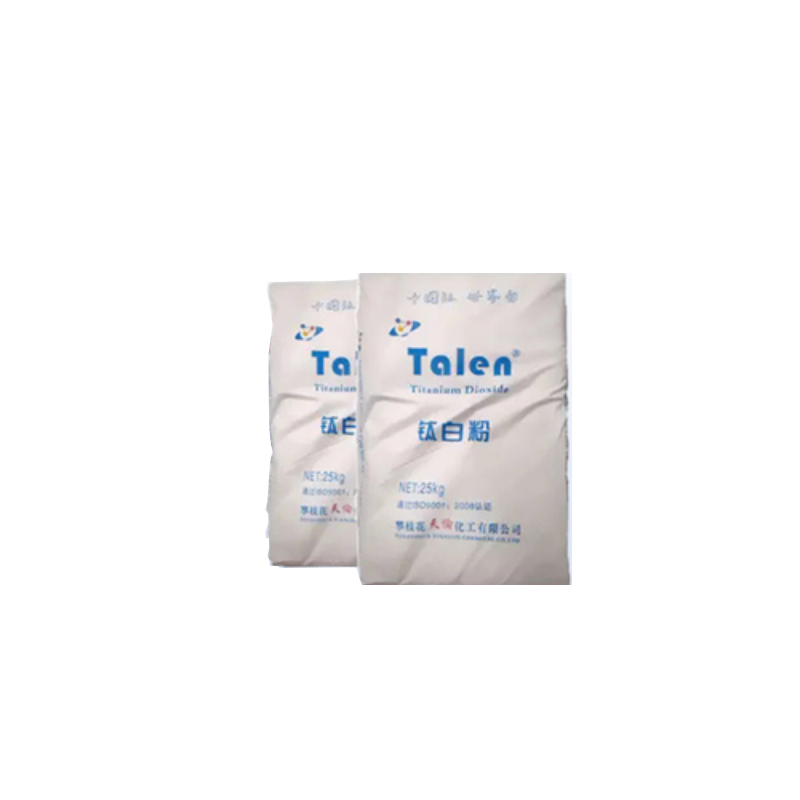Q
how to fire resin myrrh
I'm a seasoned industrial engineer with a keen interest in machine learning. Here to share insights on latest industry trends.
I'm a seasoned industrial engineer with a keen interest in machine learning. Here to share insights on latest industry trends.
You May Like
To make T-shirt yarn, start by selecting a few old, large T-shirts without side seams for a smoother yarn. Lay the shirt flat and cut off the hem. Next, cut the shirt horizontally from below the armpits to get a rectangular cloth. Begin making 1-2 inch-wide strips, cutting towards the top but stopping before you cut through, leaving about an inch uncut at the top. Open up the shirt and cut diagonally from the first strip to the next across the uncut portion, continuing around the shirt until you reach the last strip. Finally, pull the yarn gently through your hands to stretch it out, which will cause it to curl and become a more rounded yarn. You can then roll it into a ball for use. This recycled yarn is perfect for knitting or crocheting durable items like rugs, baskets, or tote bags.
Amino acids themselves do not directly burn belly fat. They are the building blocks of proteins and play a crucial role in various bodily functions, including muscle repair and growth, enzyme production, and acting as a source of energy when needed. However, when incorporated into a balanced diet and regular exercise regime, certain amino acids, like leucine, isoleucine, and valine (branched-chain amino acids or BCAAs), can help in promoting muscle growth over fat deposition. This can indirectly support weight loss, including the reduction of abdominal fat, by improving metabolism and increasing the body's muscle-to-fat ratio. Nonetheless, no specific amino acid targets belly fat specifically. A holistic approach involving a well-rounded diet, regular physical activity, and adequate protein intake, including essential amino acids, is essential for effective fat loss and muscle maintenance.
Terephthalic acid (TPA) is primarily synthesized from petroleum-derived chemicals. It is not naturally occurring in its pure form; rather, it is industrially produced by catalytically oxidizing p-xylene. TPA is a key raw material in the manufacture of polyethylene terephthalate (PET), commonly used in textiles (under the name polyester) and plastic bottles. Additionally, it is utilized in making polyester resins and films. Due to its synthetic origin, direct environmental presence mainly results from industrial discharge or breakdown of consumer goods containing PET. Efforts to recycle PET items can mitigate environmental impacts, highlighting the importance of recycling programs.
You May Like
Q&A
- •how to screen print black ink on polyester shirts
- •can jb weld clearweld be used on polypropylene
- •how to change pvc pipe
- •is polypropylene non-allergenic
- •what is diamond resin
Popular Information
- •Global Caustic Soda Prices Decline Due to Weak Downstream Demand
- •Chemetry announces Ryan Gilliam as Chairman; Robert Synder as CEO
- •PM Modi dedicates four plants of GACL to the nation
- •Buy Aditya Birla Nuvo Ltd. target Rs 1680.0 : Manav Chopra
- •Aluminium prices will move up if Chinese construction industry continues to perform better: TK Chand, Nalco















